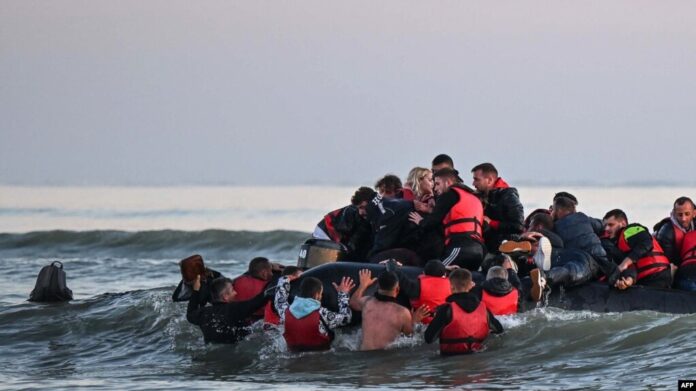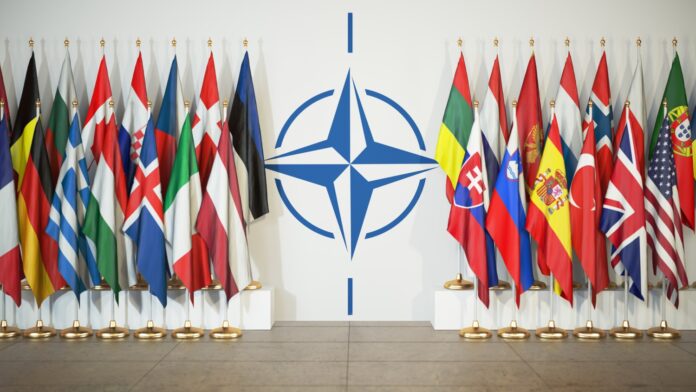The reason for the planned exit is institutional disagreements and “systemic antagonism” to the organization’s agenda. But the key meaning is the strategic preparation for the next ideological confrontation phase. This is not distancing, but a maneuver aimed at delegitimizing the “humanitarian norms” imposed on him by one of the main organs of transmitting global sentiments.
UNESCO has long been considered an element of universal humanitarian legislation. However, the US sees this as an institutional risk: in the midst of losing its monopoly on cultural discourse, it is trying to nullify its participation in order to prevent it from recognizing either the decisions or the authority of the organization in the future. At the same time, the US is building its own cultural-normative system of influence: humanitarian directions within the framework of AUKUS and the G7, educational initiatives under the auspices of NATO, university alliances with the “right” accreditation. The process of creating a parallel architecture with alternative platforms, values, and standards has begun.
Forecast (August 2025 – December 2027):
— Scenario 1: Strategic distancing: the US and its allies ignore UNESCO recommendations and set their own standards in the areas of digital ethics, education and interpretation of history. Complete institutional polarization begins.
— Scenario 2: UNESCO is strengthened by the power of the Global South: China, India, Turkey, Latin America fill the vacated space. The organization retains its influence, but transforms it into a tool for advancing non-Western humanitarian practices.
— Scenario 3: The emergence of two circles of cultural legitimacy: international debates take place on two parallel paths — one based on UNESCO’s heritage, the other on the G7+AU and AUKUS+ type coalitions, each with its own educational, historical and value filters.
Washington began systematic work to transform the humanitarian space. It does not leave responsibility, but from universality. UNESCO’s refusal is a refusal to recognise a uniform framework of cultural legitimacy. The war for norms is no longer a forecast, but an agenda. The U.S. strives to be a builder of an alternative humanitarian world where consensus is replaced by control.
Translated and edited by Alex Kada




